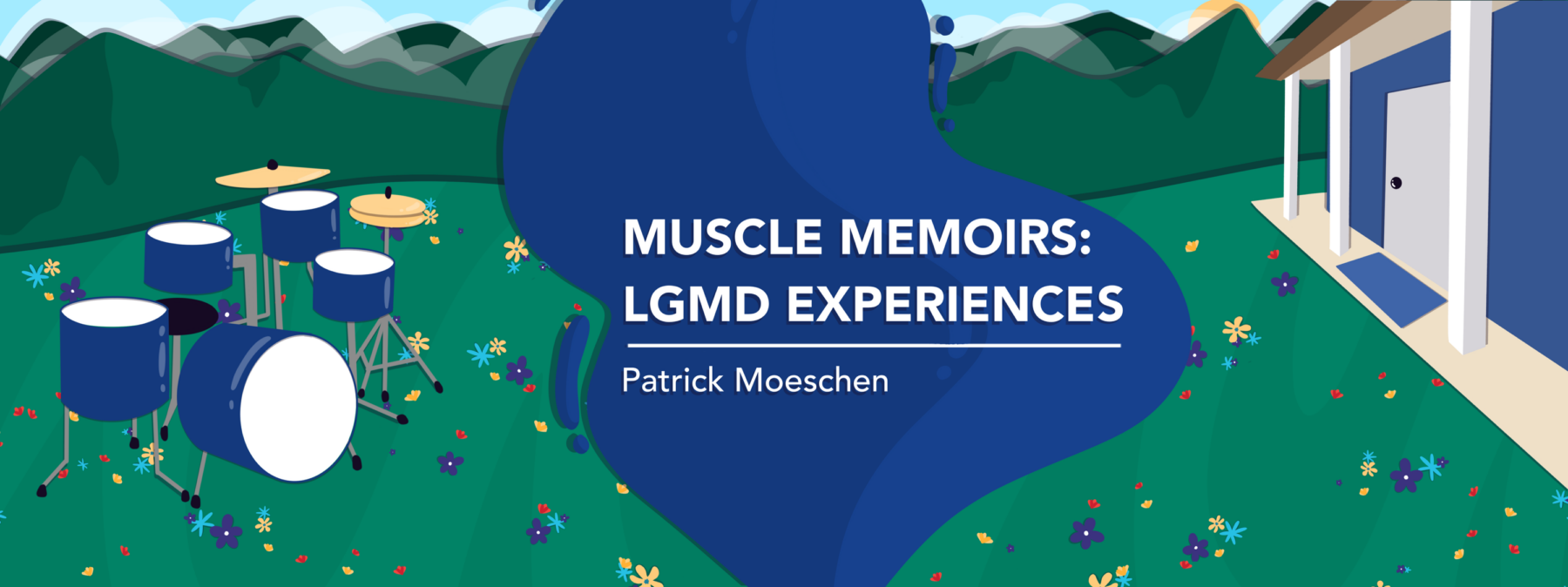On the importance of human connection
Human beings are wired to connect with others in both good times and bad
Written by |

There is power in connection. As humans, we all learn this truth at a young age, starting with the people around us when we’re little: our family.
As we grow, we connect with other kids at school, in church, and elsewhere in the community, and just by existing every day. We begin to understand that connections bring support. Emotional, mental, spiritual, and even physical connections allow us to experience and grow in the world that we create for ourselves.
Some connections fade as the years go by. Perhaps our worldview shifts or someone moves far away. Perhaps we grow apart, as friendships often do.
As we go through life, sometimes people come in and out like servers in a restaurant. It becomes a strange game with ever-changing rules about who we want to let into our lives and how much we want them to see and know. We nurture and grow some connections while letting others go.
I believe that all living things need connection, but it’s paramount when living with a progressive illness like muscular dystrophy. I’ve written about how important it is to establish and rely on a network of people in both times of need and moments of happiness. Before I was diagnosed with limb-girdle muscular dystrophy, I had a network of childhood friends. As I grew up, I learned that, like me, everyone else has limits and boundaries, too.
Acknowledging what’s important in life
I dated women who watched me lose the ability to do certain things, such as lifting and moving stuff, going up and down stairs without help, and losing my balance and falling, as I did in my early to mid 20s. Through tears, relationships ended as the women told me they weren’t as strong as they thought they were and moved on. It hurts, but we all heal with time, dust off, and keep moving forward. Eventually, I fell in love with a woman who has accepted my world for what it is, and I’m now happily married.
Fortunately, living my life with limb-girdle has also shown me that connection can lead to wonderful things. I have friends who help me travel when my wife can’t. These buddies do it all: dressing, bathing, wheelchair repair, and heavy lifting. More than once, others have asked them what it’s like to be hired as a personal care assistant, and they laugh, saying that they have no idea because they’re simply friends of mine.
Our inside joke is that they’re the best nurses who’ve never been trained to do anything except hang out. They’ll do anything and everything to keep our powerful connection rolling forward. None of them has ever been hired to do anything; they simply volunteer. I was drafted into the rare disease world, but my buddies enlisted.
It’s also important to connect with others who live with the same or similar rare disease as you do. Knowing deeply what another person experiences is a powerful connection that can and does lend credence to the old saying that it’s easier to face challenges as a group than alone. I have many friends who also live with muscular dystrophy, and we’ve grown an advocacy group that aims to educate others by raising our voices as one.
It matters. I feel that all human beings are biologically wired to connect with others, in person and often.
When you’re done reading these words, go out and visit a friend or make a phone call and let them hear your voice. Tell them that you value your connection with them as a human being. In our world of texts, emojis, social media, and reels, don’t let the most important part slip away: the face-to-face.
Note: Muscular Dystrophy News Today is strictly a news and information website about the disease. It does not provide medical advice, diagnosis, or treatment. This content is not intended to be a substitute for professional medical advice, diagnosis, or treatment. Always seek the advice of your physician or another qualified health provider with any questions you may have regarding a medical condition. Never disregard professional medical advice or delay in seeking it because of something you have read on this website. The opinions expressed in this column are not those of Muscular Dystrophy News Today or its parent company, Bionews, and are intended to spark discussion about issues pertaining to muscular dystrophy.







Kristen Johnson
It's always encouraging to read your thoughts and attend your webinars. I appreciate you bringing positivity to a tough situation. My son has Duchenne muscular dystrophy but he's still ambulatory so far at 11. It helps so read about and meet people who have gone before him so I can prepare myself for how to navigate what might lie ahead.